A Recipe for a Novel
This recipe is for the most delicious, tastiest novel this decade. You will certainly have all your dinner
guests licking their lips, salivating and begging for more. Of course, you do need to know who you are
cooking up this delightful concoction for.
If it’s only for friends and family then you can play around with the
ingredients to your heart’s content, experiment a little, go into the dark side
and wallow in there for a while. But if
it is for many guests you haven’t met yet, then you probably need to stick to
the recipe a little more. Don’t deviate
too much, otherwise the flavor might change and the aroma might be too pungent
which might make your guests make a dash for the door. The tastiest novel is not so much about the
style or the perfect use of metaphor or beautiful descriptions of the way the
clock ticks slowly, but about the story.
And what makes a good story? Why,
the plot and the characters of course.
Ingredients (This is what
you need to shove into that chipped glass mixing bowl of yours!)
A huge dilemma/crisis/problem/conflict, the bigger the better. Not too convoluted, or the
dinner guest might lose interest if the twists and turns require too much
concentration and your guest gets bored and leaves before the main course is
served. The dilemma has to be real
enough to grab the guest so that they can connect with it, and not too far-out
there that they can’t identify with it at all so that they lose interest. You’ll have to taste little bits every now
and then to ensure you have just the right amount. This is the tricky bit. The plot has to unravel sequentially. Remember, your dinner guest is there to eat
up your novel, not develop a stress migraine.
You should stick to the basic format of a beginning, a middle and an
end.
A good setting. If you think of anyone from a book or your
life, they’re always in a context. They
always come with a setting, a certain place and time, plus a whole lot of
baggage clustered around them. Any
character in your novel must have some sort of a backdrop. This makes them more believable. Rather than relying on interior monologues
and streams of consciousness which could alter the flavor of your dish
considerably, and slow it down somewhat, it’s often more effective simply to
subtly slip in a telling detail about a the place where the character’s hanging
around, and show how they interact with their environment.
A few sub-plots is a tasty way to
spice up the novel, build up intrigue
and make your dinner guest cry out in ecstasy or horror. Either way, you want to get a reaction from
them. You want them to feel it, that
cornucopia of taste sensations. Like
little interactions and conflicts between some of your other characters, their
interactions with the protagonist. This helps
make it all the more real. Nobody has a
week without any kind of conflict at all, however minor. Life is all about solving conflicts.
Next you need to add a point of view to maneuver your guest into the world you have created. Your guests are handing over all their
sensory faculties to you. You have
absolute control of them, and everything they experience is governed by what
you choose to show or tell them. And to
do this well, you have to decide whether you are going to use a first person,
second person, third person, or multiple persons. Whichever point of view you decide with, you
need to stick with. Swapping viewpoints
is like hopping from red, to white, to
sweet wine, to dry, in one meal. You
risk losing your guest, making them so inebriated that they no longer know if
they are Arthur or Martha.
A few great characters and a mouth-watering protagonist. Without characters, there can
be no novel, no matter how great the plot.
The best protagonist is someone we can identify with for the duration of
the meal. What makes a character
interesting is not how the world impacts on them, but how they impact on the
world. This is how the character
develops. Only describing things that
happen to your characters make them one-dimensional. Making your characters do and say things in
an engaging way, giving them reasons, motivations and conflicts is what makes
them three-dimensional and more believable.
You want your dinner guests to talk about your characters at other
dinner parties, and for this to happen they need to connect to them.
Seasonings, add at your discretion, but do add some otherwise your recipe might
turn out bland and leave your guests with no taste in their mouths. Some spice is always good, a little bit of
sex to get the guests’ hormones going, action to give them a bit of an
adrenalin rush; it tends to make the meat more tender and easier to chew
on. Salt and pepper are always
essential, as is good realistic dialogue and descriptions. A dash of herbs will add some color, maybe even
add a slightly eccentric character with strange foibles. A bit of chili which could be suspense, humor
or both, will give the wow factor.
Method of preparation (Knowing the order in
which you mix the ingredients)
Prepare your work space where you’ll mix your ingredients. First come up with the problem, the
dilemma. Then add in the setting. Come up with some interesting characters. Write some character sketches first. It’s
important to know how they will think and act in different situations. It is only when you know how your character
is expected to act, that you can introduce the element of surprise which
definitely adds to the flavor of this recipe.
Once you have your characters, add in the sub-plots and mix. Introduce the point of view and leave your
concoction to stand for a while.
Transfer your concoction to a big black cauldron, and put it onto a slow
heat. Stir carefully while cooking the
ingredients, and slowly add in the seasoning, stirring after each type of
seasoning is added. Stay vigilant and
engaged, watching carefully that the liquid doesn’t evaporate so that your
concoction is dried out and gets caught and burned out on the bottom. Do not let yourself get distracted from the
novel you are cooking up. Stay away from Facebook, Twitter and Instagram when
in the kitchen.
Garnish and serve creatively on your best plates. The presentation is important, so check the
spellings, grammar and punctuation, Edit, revise and edit again. Your dinner guests will be back for more if
you have taken care of their needs, which is flavor and presentation. You want them to leave satisfied, so that
they tell other potential guests about the wonderful meal they had with you.
About the Author
Cindy Vine was born in South
Africa and has lived and worked in many
different countries as a teacher. Cindy
is currently living and working in Norway.
She has three adult children who have all inherited her love of traveling and
who all live in different countries.
Cindy likes to write about the difficult subjects that make you
think. Besides writing and traveling,
Cindy loves cooking and fixing up houses.
Her
latest book is the YA, The
Freedom Club.
WEBSITE & SOCIAL LINKS:
WEBSITE | TWITTER | FACEBOOK
About the Book:
Title: THE FREEDOM CLUB
Author: Cindy Vine
Publisher: Createspace
Pages: 184
Genre: YA
Author: Cindy Vine
Publisher: Createspace
Pages: 184
Genre: YA
BOOK BLURB:
“We
could be anybody and everybody. A group of high school stereotypes with one
thing in common. Every one of us has a story.”
Every high school has the
bullies, the freaks, and the weird kids that make you feel uneasy. Rourke
High has more than their fair share. A few months before the end of their
senior year, a group of seemingly mismatched kids get together to form The
Freedom Club, hoping that they can support the victims of bullying, before they
graduate. As they uncover secrets and lies they plot revenge - and
discover love, friendship and truths about themselves, building up to a
shocking climax that will leave you reeling.
Do you ever really know the
person next to you?























































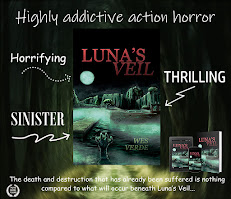















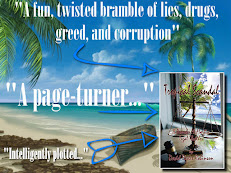




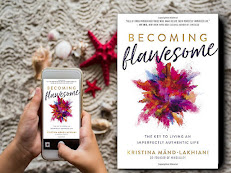
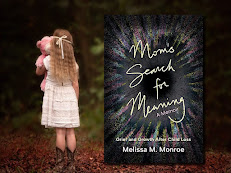
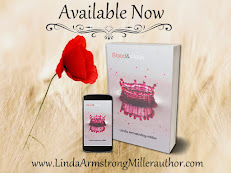


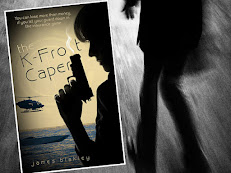
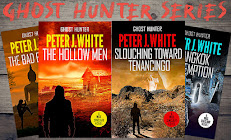
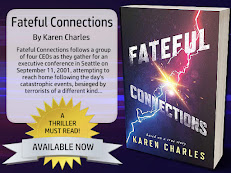
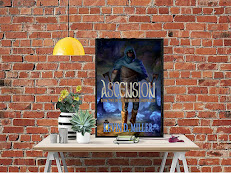






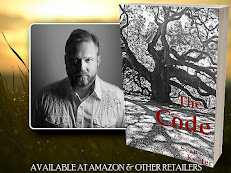



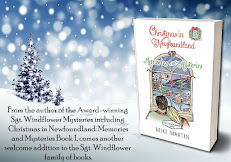



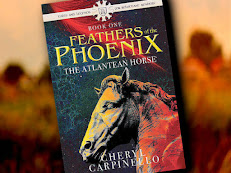
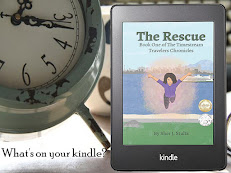

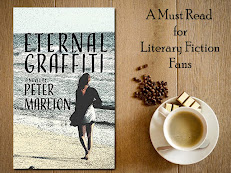
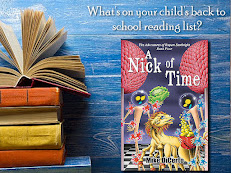
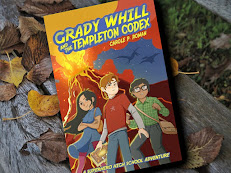
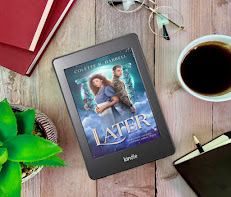

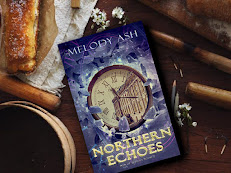



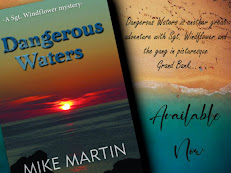


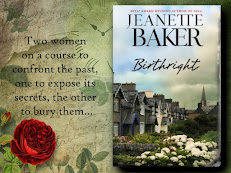
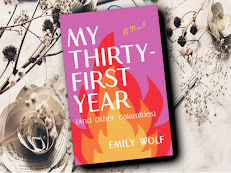

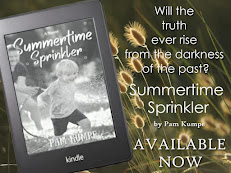

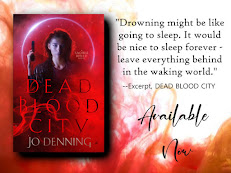
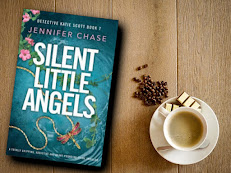

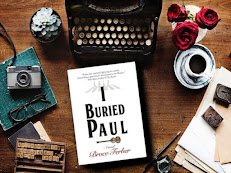
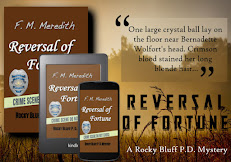
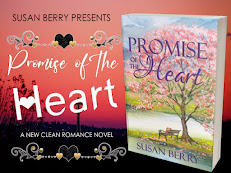

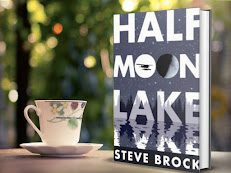

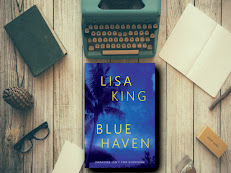

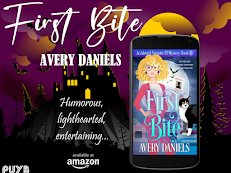

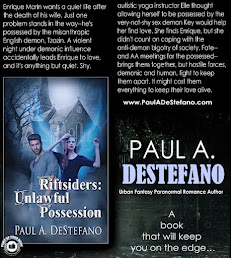

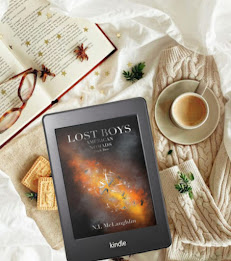



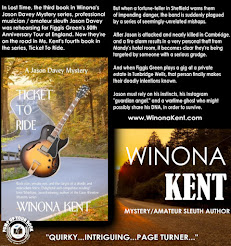

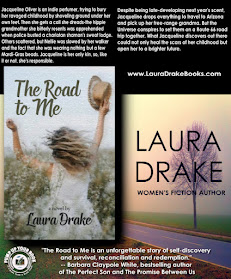



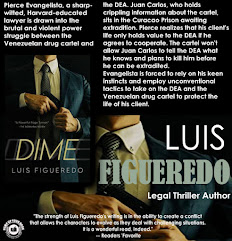























No comments:
Post a Comment